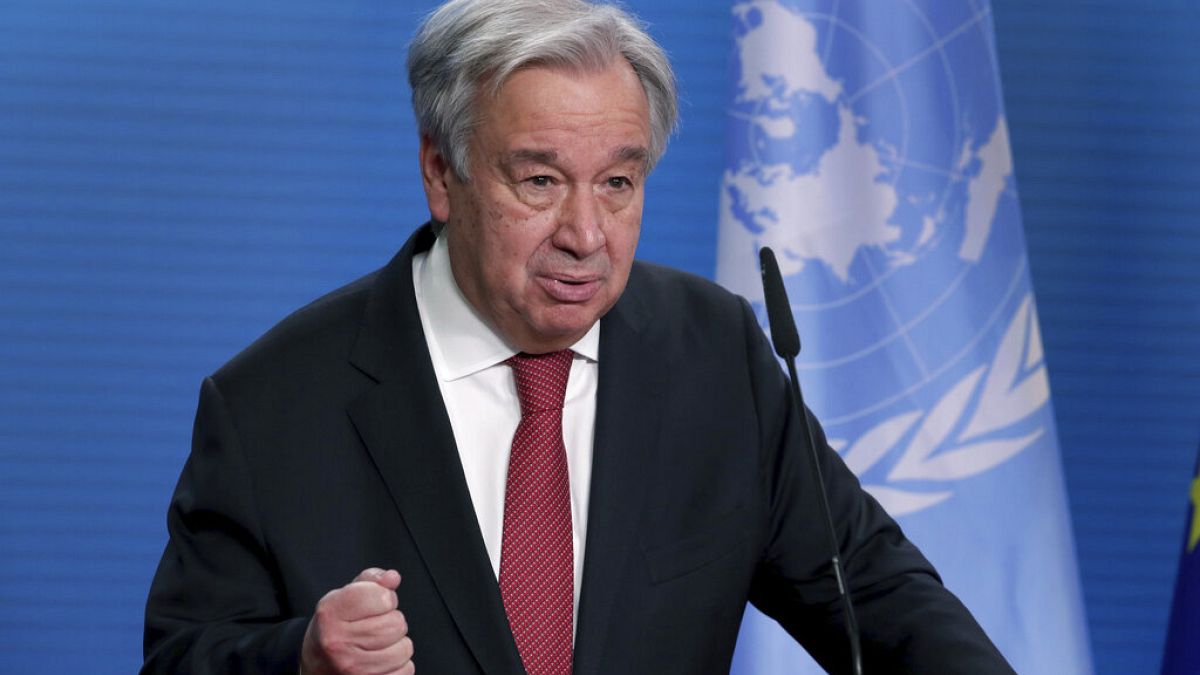United Nations Secretary-General António Guterres has called on people and governments to increase their efforts to protect forests and support forest communities, in order to achieve global sustainability goals.
The United Nations' Secretary-General on Wednesday called on people and governments to increase their efforts to protect forests and support forest communities in order to achieve global sustainability goals.
António Guterres was speaking on World Wildlife Day on March 3, where he said that forests and their wildlife were under increasing threat from the unsustainable use of forest resources and wildlife trafficking.
He said that protecting them would contribute towards "achieving the Sustainable Development Goals (SDGs) for people, planet and prosperity”.
The Secretary-General also highlighted the benefits that forests bring to the world by regulating the climate and supporting people's livelihoods.
"On this year’s World Wildlife Day, I urge governments, businesses and people everywhere to scale up efforts to conserve forests and forest species, and to support and listen to the voices of forest communities," Guterres explained.
It is a cause that the European Union is also fighting for, after announcing a plan last year to plant at least 3 billion trees by 2030.
Belgium has already started this process according to ReforestAction, looking to expand its woodland areas from the 23 per cent that currently covers the country.
But Pierre Hermans from the organisation, told Euronews it is hard to find areas to plant.
"One difficulty is finding available land. There are many inhabitants, who have a lot of activities. There is a lot of competition for soil use coming from urbanisation and agriculture. There is a lot of work to do in forests to restore environments, to improve biotope, to accommodate more diversity and to make them more efficient in terms of carbon sequestration," Hermans explained.
Forests also have a huge economic value, especially for industries such as pharmaceuticals, furniture, paper and tourism.
According to the European Commission, 60 per cent of forests n Europe are in the hands of private owners, offering more than three million jobs to European citizens, which is why the Confederation of European Forest Owners is asking for support from Brussels for the 16 million private woodland/forest landlords.
"It can be financing infrastructures, but also the forest operations, which can be costly," Fanny-Pomme Langue, Secretary-General of the Confederation told Euronews.
"Training is key, in particular in the context of climate change. We need to adapt forest management to climate change, so forest owners need to be trained on what the best decisions to be made are and to manage their forests and those decisions need to be valid for the next decades".
German MEP Delara Burkhardt told Euronews that there should be no acceptance for EU countries that don't apply the rules on forests.
"We should push the European Commission to follow a zero-tolerance policy and to bring infringements procedures to the European Court of Justice when the member states do not enforce the existing regulation that we have at the European scale," Burkhardt said.
